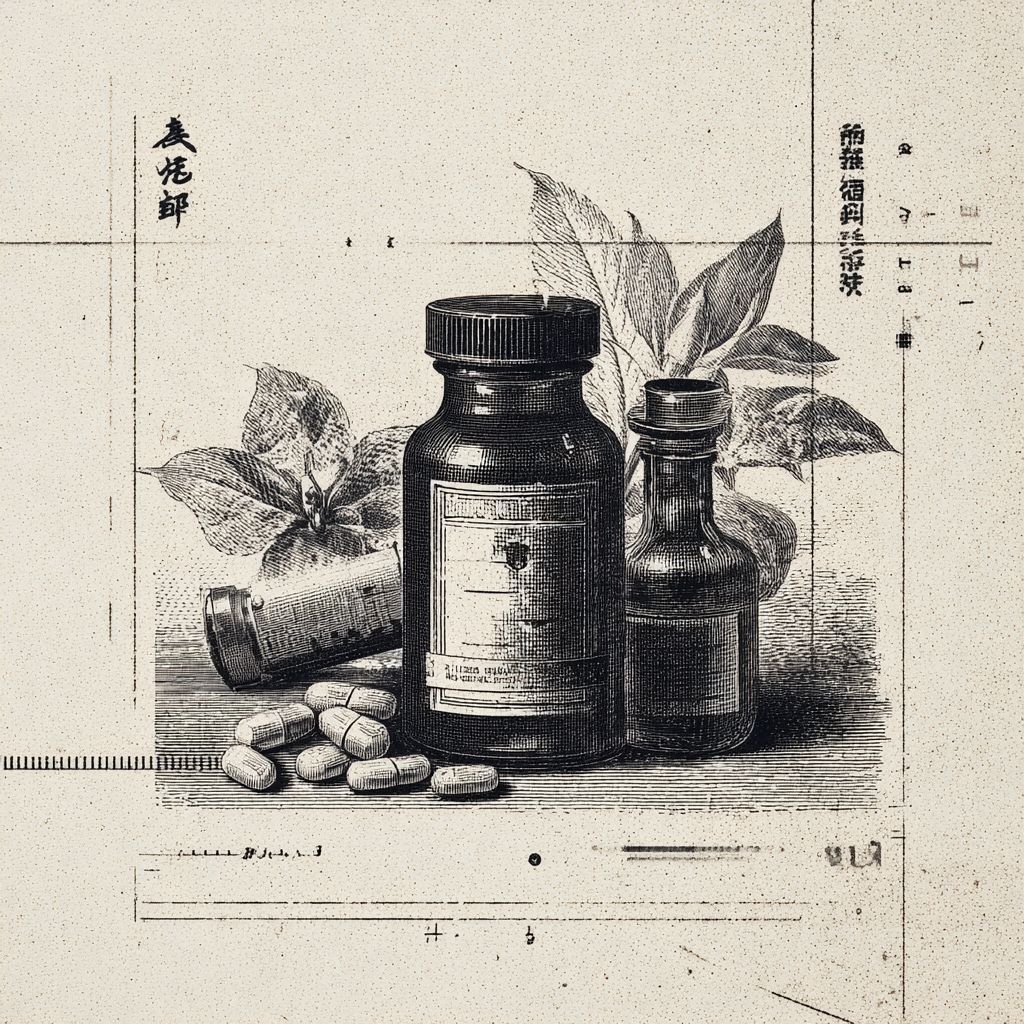Addiction touches millions of lives worldwide, creating a ripple effect that extends far beyond the individual struggling with substance dependence. While conventional treatment approaches focus primarily on medication and behavioral therapy, acupuncture and traditional medicine offer a complementary pathway that addresses the whole person—body, mind, and spirit.
Understanding Addiction: More Than Just Willpower
Addiction fundamentally alters brain chemistry, affecting neurotransmitter pathways responsible for pleasure, motivation, and decision-making. Symptoms extend beyond the obvious craving for substances, including:
- Intense anxiety and restlessness
- Sleep disturbances and insomnia
- Digestive issues and appetite changes
- Chronic fatigue and mood swings
- Social withdrawal and relationship difficulties
Traditional Chinese Medicine views addiction as an imbalance of qi (vital energy), often stemming from emotional trauma, constitutional weakness, or lifestyle factors that disrupt the body’s natural harmony.
The Healing Power of Needles: Acupuncture’s Role in Recovery
Auricular acupuncture, specifically the NADA (National Acupuncture Detoxification Association) protocol, has gained significant recognition in addiction treatment centers worldwide. This approach targets five specific ear points that help:
- Reduce cravings and withdrawal symptoms
- Promote deep relaxation and stress relief
- Improve sleep quality and mental clarity
- Support liver detoxification processes
- Enhance emotional stability
Research published in the Journal of Alternative and Complementary Medicine demonstrates that patients receiving acupuncture alongside conventional treatment show 40% higher completion rates in rehabilitation programs compared to those receiving standard care alone.
Traditional Medicine’s Holistic Approach
Beyond acupuncture, traditional medicine employs various modalities:
Herbal Medicine: Customized formulas help restore organ function, particularly supporting liver and kidney health during detoxification. Herbs like Gan Mai Da Zao Tang help stabilize emotions, while An Shen Ding Zhi Wan addresses anxiety and insomnia.
Cupping Therapy: Promotes circulation and helps eliminate toxins through improved lymphatic drainage.
Meditation and Qigong: These practices strengthen mental resilience and provide healthy coping mechanisms for stress management.
Bridging Ancient Wisdom with Modern Science
Unlike Western medicine’s focus on symptom suppression, traditional approaches address root causes of addiction. While conventional treatments excel at crisis intervention and medication management, acupuncture and traditional medicine shine in long-term recovery support.
A landmark study from Yale University found that cocaine-addicted patients receiving auricular acupuncture had significantly lower relapse rates at six-month follow-up compared to control groups. The treatment appears to normalize dopamine levels naturally, reducing the brain’s dependence on external substances for pleasure and reward.
What to Expect During Treatment
Initial consultations involve comprehensive health assessments, including:
- Detailed addiction history and triggers
- Physical examination and tongue/pulse diagnosis
- Customized treatment planning
- Integration with existing recovery programs
Treatment frequency typically begins with 2-3 sessions weekly, gradually reducing as stability improves. Most patients report noticeable improvements in sleep and anxiety within the first week, with craving reduction following shortly after.


